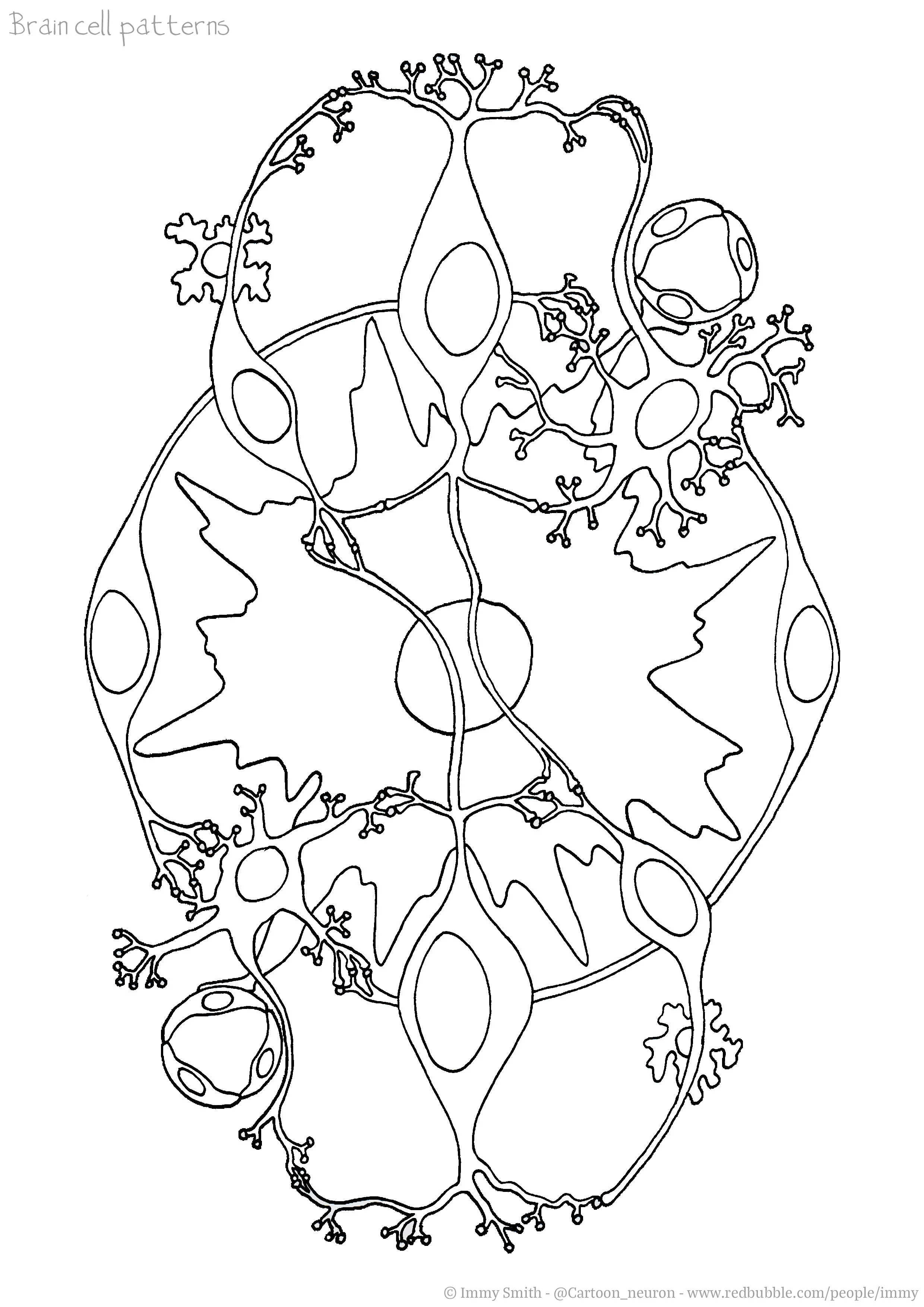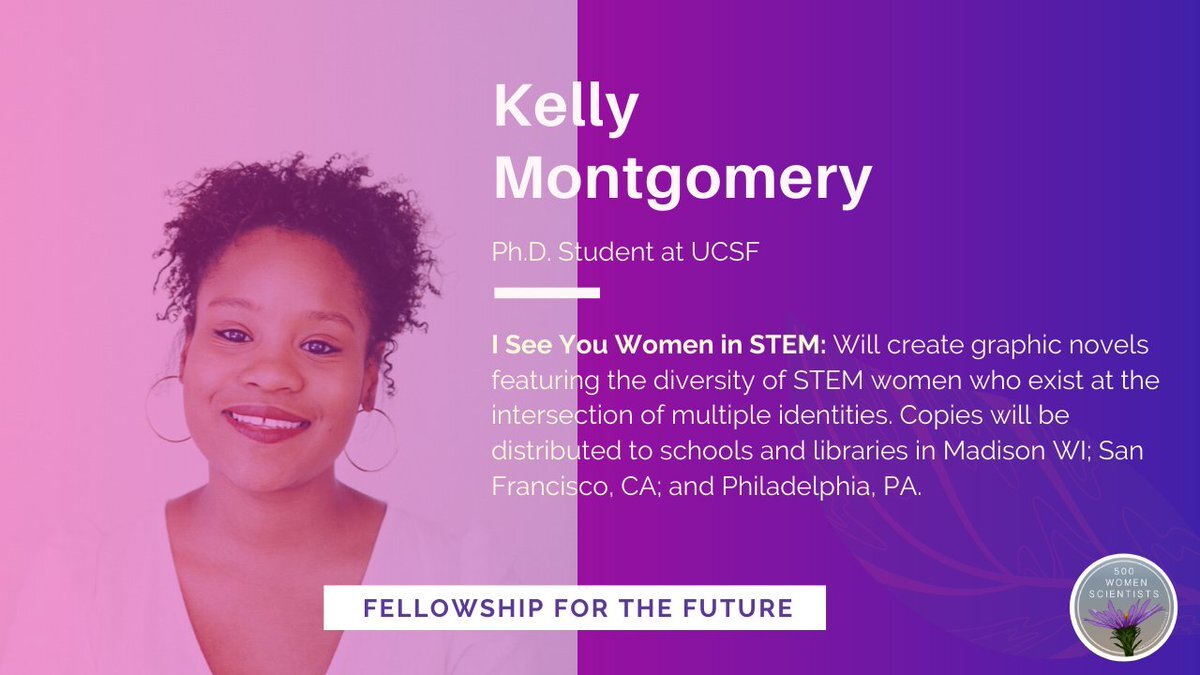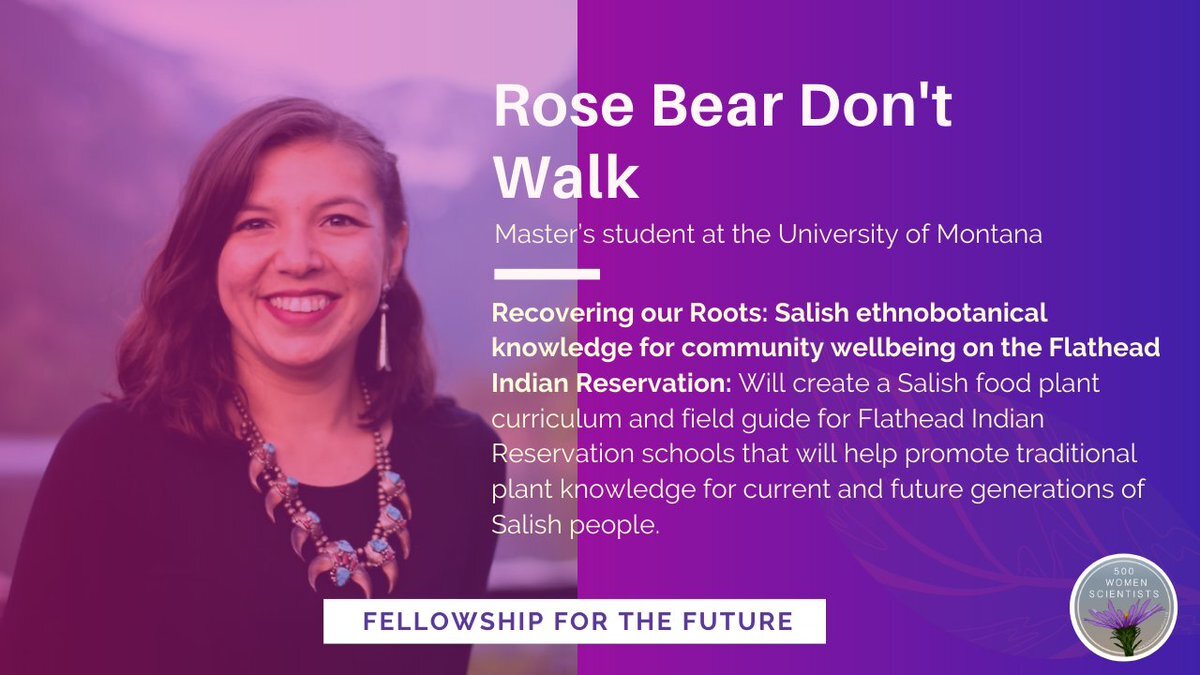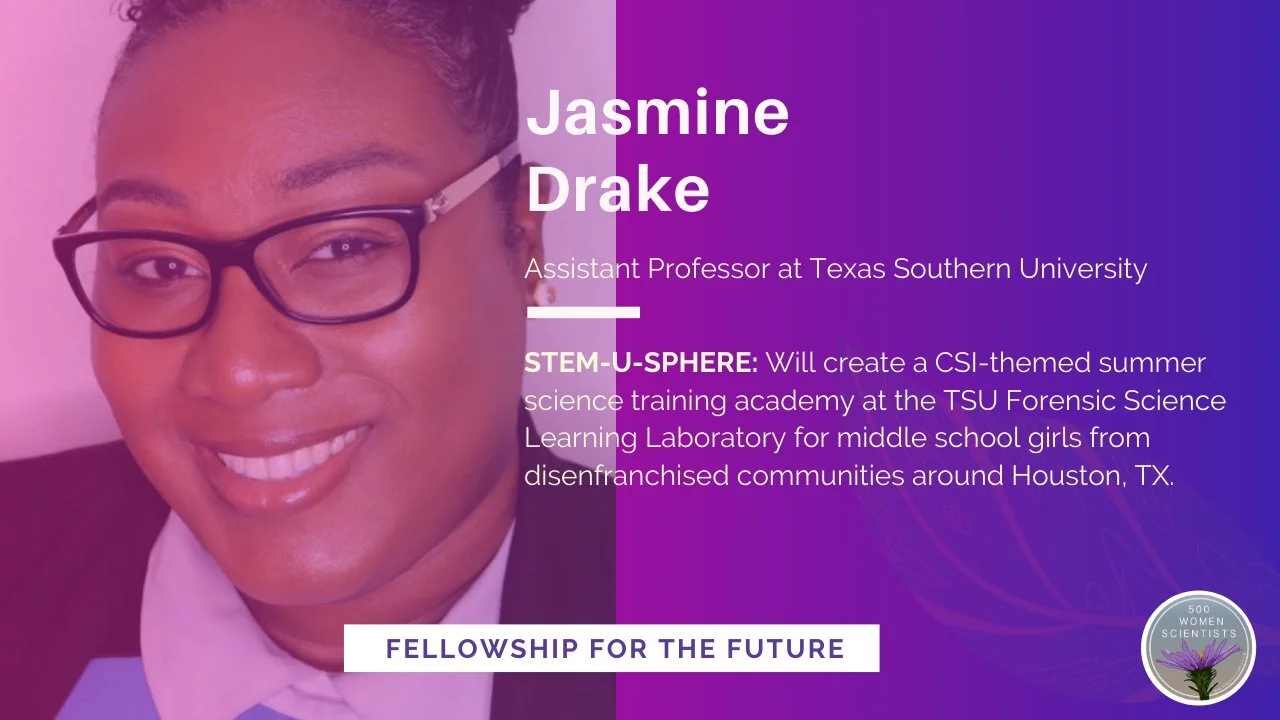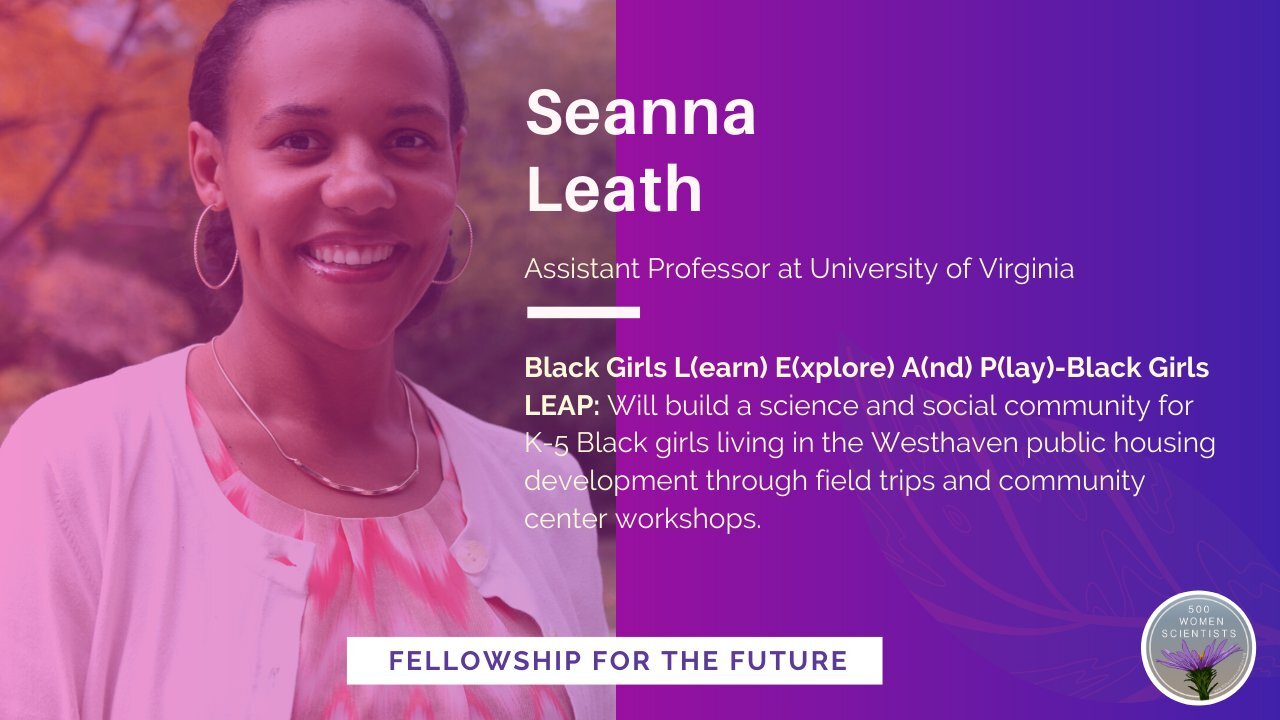#ShutDownSTEM/#ShutDownAcademia and #Strike4BlackLives
Take Action
Take Action
Take Action
Take Action
COVID-19: Educational Resources for Kids
The last few weeks have been challenging and scary for people around the world. With schools cancelled for the foreseeable future, parents now have the responsibility to provide educational opportunities for their children. Learning about science is critical but can be challenging to do at home. Below we provide some science education resources and science-themed coloring books and pages for people of all ages, crowd-sourced from our amazing 500 Women Scientists community across the world!
You can download pdf files of coloring pages 👇🏼
Check out and our database of science-themed activities
Please enjoy these resources with your kids and/or share them with other parents you know!
We will continue updating this page and our database of activities, which also includes information on how to support the communities who are creating and making these resources available. If you have resources to share, please contact us.
ColorMe PhD contains original art developed by PhD student researchers for a general audience!
Coloring with Cell
Cell Press is sharing a classic coloring book - color your way through biology!
Photo by Foto Garage AG on Unsplash
Today and every day, support trans rights!
Today, March 31, is trans visibility day - a day to celebrate transgender people and raise awareness of discrimination faced by transgender people worldwide. Visibility is not just about seeing trans people as individuals. Visibility is about learning the history of the trans rights movement and how trans right intersect with other movements for equality. Visibility is about showing up and working to dismantle the many systems of oppressions trans people face in society.
Join team WomenInStem, donate computer processing time!
Today’s Take Action post comes from Rachel Ignotofsky
As the world is responding to the COVID-19 virus, its easy to feel anxious, overwhelmed, and helpless. But there are lots of ways we can still engage with and help speed up a COVID-19 treatment and vaccine.
You can donate your computer processing power and time using a program called folding@home to simulate a viral spread and help find a vaccine. Together, your computer will be networked with lots of other computers to create super computers for researchers. This is especially useful if you have a computer with a high powered graphics card (like what you might get for editing or gaming) but any PC or Mac will help!
Join the team WomenInScience (team# 241903) and donate your computing power in 5 easy steps:
Go to foldingathome.org
Click on “start folding” and download folding@home software
Follow instructions to install and run software
Join team WomenInScience 241903
Sit back and let your computer do the work
Read more about Folding@Home’s work on COVID-19 here.
Hope Is Not a Strategy: What we can do in the wake of COVID-19
Over the last few weeks, we at 500 Women Scientists have been closely monitoring news and developments around the COVID-19 pandemic. We recognize that many of our members and their communities have been growing concerned and anxious and are looking for positive ways to channel their energy. We’ve put together a list of things you can do in the coming weeks to follow expert guidance, share expertise of your own, and serve your communities.
Take Action
2020 is shaping up to be a huge year for voter turnout in the United States. But voter registration and turnout remains low for 18-25 year olds while undergraduate STEM majors are even less likely to vote than many of their peers.
The good news is that we can help.
In 2018, many 500 Women Scientists pods and members were active in getting out the vote in their communities. We’re excited to build on that this year by sharing what we’ve learned and identifying ways we can make the most of our time and energy between now and November.
Please check out our resource guide for registering and mobilizing voters. And join us on the 500WS Pods Slack under #2020 to share what you’re doing!
The guide covers some ideas for getting started, resources for voter registration and mobilization, and links to groups that are doing a ton of work, including through powerful official channels on campus, to get out the vote. We’ve also covered some basics dos and don’ts for voter registration activities conducted through non-profit groups like 500WS.
And one final note: the general election might be months away, but now’s a great time to get started with voter registration. Amid impeachment and the U.S. presidential primary, people are paying a ton of attention to what’s happening in U.S politics. And record-breaking turnout in 2018 — the highest we’ve seen since women won the right to vote in the United States — might just be the beginning!
Stay tuned for more as we update this guide and as other science groups kick into gear.
Take the Science Rising Challenge: The Union of Concerned Scientists, SACNAS, and other Science Rising partners have launched their own voter registration campaign, and you can be part of it! Be sure to check out their messaging toolkit, and tag them alongside @500WS for your campaigns and tweets!
Take Action
Weekly Wrap-Up
Welcome to 2020 folks! We hope you were able to take some time to yourselves, to get a bit of rest before the onslaught that has already proved to be 2020.
We stand in solidarity with everyone seeking and working towards peace. 500 Women Scientists is deeply committed to a peaceful process that values every human life and every culture. Demilitarization and decarbonization are intrinsically linked and we will continue to use our platform to amplify voices that advocate for peace, environmental and climate justice, and equitable solutions to our planet’s most pressing problems.
Our plans for 2020
Women’s March 2020 - see you there!
500 Women Scientists brand refresh coming your way in January (thank you Teal Media!!!)
Relaunching the new and improved Request a Woman in STEMM platform next week!
Launching the new Reproductive Justice project for 500 Women Scientists pods
Meeting the first Fellowship for the Future cohort and kicking off the 2-yr fellowship
Sharing guidance around the 2020 US elections
Growing our SciMom Journeys initiative
Organizing Wikipedia editing events and conference meet-ups all over the world
WHAT WE LIKE
Follow Friday: @SciCommSara, @nargesbajoghli, @YaraShahidi, @hodakatebi, @arghavan_salles
A workplace DEI book club
Sunrise Movement “how to organize to win” video
Climate activists of color we should all know
Climate, Justice, Feminism, and Anti-Imperialism, and a plan to become a part of the climate solution
A solid topic sentence
Harnessing the power of storytelling
Practicing optimism
Trump administration victims exist but this guy isn’t one of them
READING CORNER
Milkman by Anna Burns
Exit West by Mohsin Hamid
In the Dream House by Carmen Maria Machado
IN OUR EARBUDS
Seeing White from Scene on Radio
Why Iran is in Mourning from The Daily
Don’t hesitate to send us your podcast and book suggestions
Photo by Crazy nana on Unsplash
Take Action Tuesday
Weekly Wrap-Up
This week brings another political low, another chink in the armor of democracy. In the words of Priyamvada Gopal
We face an entrenched reality now, here to stay for the foreseeable future. It's the reality that the anticolonialists of the world once faced: huge empires with vast weaponry at their command, literal & ideological, & the ignorant consent of swathes of their populaces.
How do we stand up against this tide of xenophobia, fear mongering, lack of accountability, dismissal of facts and objective truths? How do we push back? Its easy to feel despair and grief, but we cannot give up and we cannot turn away from what is in front of us. The road to our collective freedom is long and arduous. But we must show up and take the first step and then another and then another. That’s how we move from despair to action and from action to change. As Priyamvada Gopal said, the odds were always against us. Lets continue the hard work anyway.
WHAT WE’VE DONE
We announced the inaugural Fellowship for the Future cohort ✨✨✨
500WS meet-up at AGU. Photo credit Dany Waller
Our founders Kelly Ramirez and Jane Zelikova received the 2019 BES Equality and Diversity Champions award and Kelly and another leadership team member Charise Johnson were in Ireland to receive the award
We talked about Socially Responsible Investing , brought to us by Nicole M. Baran of the Atlanta Pod.
Seattle pod leader Sarah Myhre delivered 🔥remarks at the annual AGU meeting
Met up with some stellar women scientists at AGU
WHAT WE LIKE
Follow Friday: Follow the Fellowships for the Future incoming fellows @rosedontwalk, @DrJasmineDrake, @SeannaLeathPhD, @_heyheyMONET
Recognizing ALL the field work hazards LGBTQIA+ scientists face
Jane Fonda protesting for climate justice
CNN Hero of the Year Freweini Mebrahtu
Removing shame and fear of stigmatization so women can tell their abortion stories
Pushing for more fair peer review
READING CORNER
“They can’t kill us until they kill us” by Hanif Abdurraqib
“Exhalation: Stories” by Ted Chiang
IN OUR EARBUDS
Lady Sings the Blues wit Bassey Ikpi - The Nod
Don’t hesitate to send us your podcast and book suggestions
Photo by Ryan Loughlin on Unsplash
Take Action Tuesday
This week’s Take Action Tuesday is on Socially Responsible Investing , brought to us by Nicole M. Baran of the Atlanta Pod.
What does it mean to invest in the future? When we think about how to save for retirement or choosing where to bank, we often don’t consider whether the money we’re setting aside is funding companies that reflect our values. And yet if you have a standard employer-sponsored retirement account, for example, you are almost certainly invested in the fossil fuel industry.
Socially Responsible Investing (SRI), also known as sustainable, socially conscious, "green" or ethical investing, is an investment strategy which seeks to consider both financial return as well as social and environmental good. Another term that you may also encounter is ESG, or the integration of environmental, social and governance (ESG) factors into investment. SRI/ESG strategies can be based on a number of themes. You may choose to make investment decisions based on any number of different considerations, including environmental stewardship, labor practices, diversity in hiring or in leadership, societal impacts of the products, and human rights/ethical practices of the companies. These considerations, of course, need to be weighed against the potential differences in financial return, costs, taxes, and level of active management required for the individual investor.
The good news is that the SRI sector is booming and there are more options than ever before. We may have limited options as individuals, but collectively we can create demand and signal to the financial industry the need to develop more, better, and higher return SRI options. It also forces bad actors to reconsider their corporate strategies. In that spirit, here are just some ways we can each put our money where our mouth is!
Please note: This should NOT be seen as financial advice! These are just some ideas to consider as you think about you/your family’s financial goals and needs.
1. Look into your investment & retirement options. SRI has been slow to penetrate the employer-sponsored retirement plan market, so options here are somewhat limited. Fortunately, there are some actions you can take right away.
a. If your employer offers a “self-directed” brokerage window option for your 401(k)/403(b), you may be able to invest some proportion of your funds to socially responsible mutual funds or ETFs within your current employer-sponsored retirement plan. If your plan doesn’t give you the flexibility to invest in SRI funds, you may also be able to rollover some of your funds (or funds from a previous employer) into a tax-deferred individual retirement account (IRA) where you can choose SRI options that match your values and financial goals.
b. Consider using SRI brokerage accounts or SRI apps which give you more flexibility to be able withdraw funds at any time—for example, if you’re saving for a down payment on a house. These accounts come with higher fees and taxes on your earnings, but they offer some of the most stringent SRI criteria and the most flexibility for you to strategically focus on investing in companies that match your values.
c. Talk to a financial advisor and ask about your options! Even just having a conversation and asking questions can itself help to demonstrate the demand for companies to create more and better socially-responsible investment products and for employers to make those plans available to employees. Similarly, if your employer doesn’t have any SRI options for the 401(k)/403(b) employer-matched retirement plan, ask for one!
2. Bank locally. The benefits of working with a local bank or credit union are many. But, it importantly, it means that the money in your account is ultimately available to be invested in your local community, funding the mortgages and small business loans of your neighbors. You can also consider banking with minority- or black-owned banks, which provide vital resources to populations that are often underserved at other financial institutions.
3. Get involved in divestment efforts at your university or institution. The divestment movement has been pushing for institutions, including universities, to divest from assets connected to companies involved in the extraction of fossil fuels. Do you know whether your employer/university has committed to divestment. Support the efforts (which are often student-led) and leverage your power to ensure that your institution follows through.
By investing our money in companies that share our values, we can truly plan for the future that we want to live in.
Photo by Fabian Blank on Unsplash







